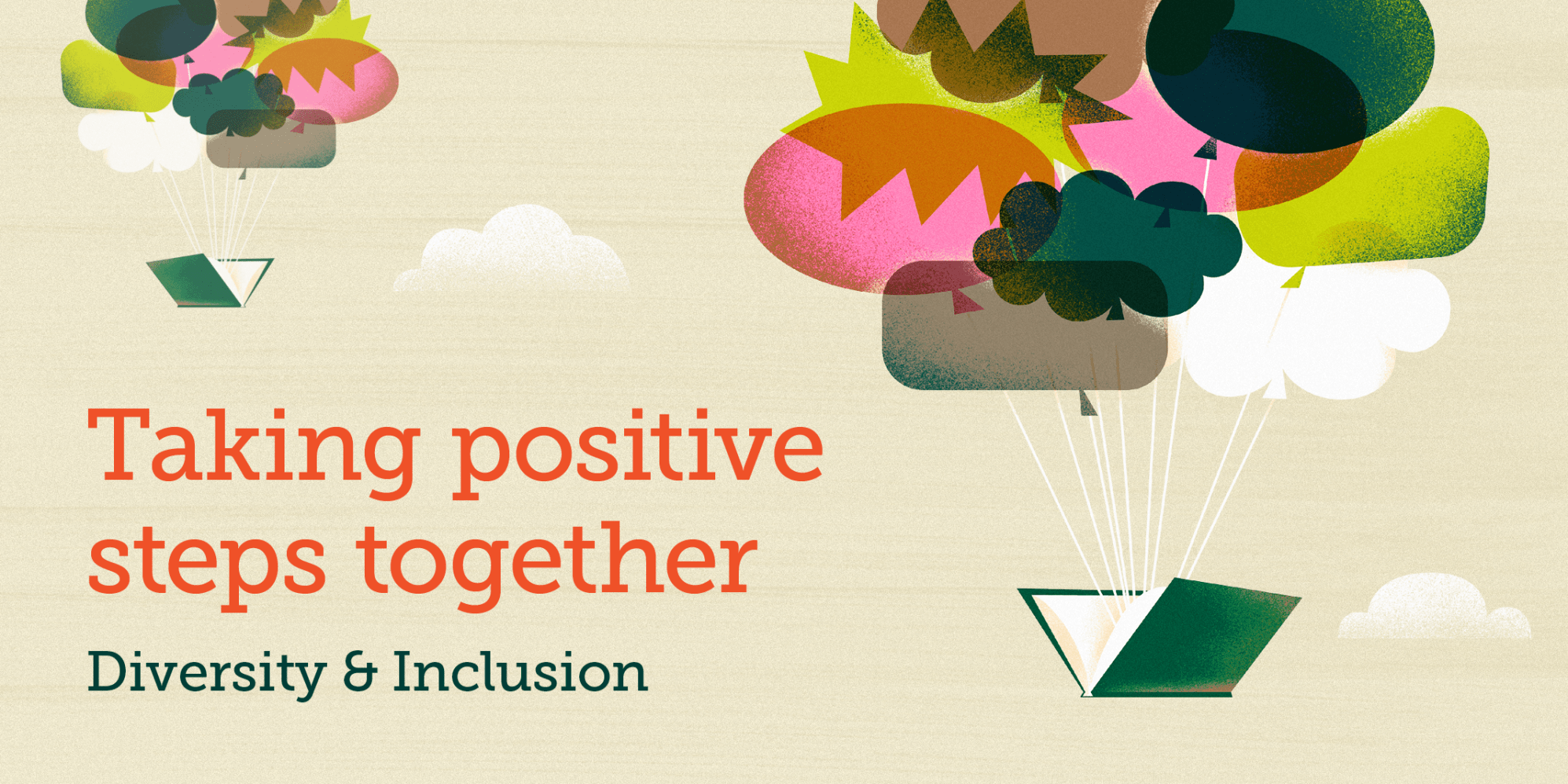Nearly fifteen years ago, I made the decision to go freelance and started working as a freelance publisher, writer and consultant to the education and publishing sectors. Since then I’ve worked for a number of commercial, charitable and educational organisations, including Oxford University Press, in a range of roles from commissioning and content development to rights acquisitions and research. One of the attractions of freelance life is the diversity that this can bring to your working life, both in terms of the projects you work on and the people you work with, and some of my most fulfilling experiences as a freelancer have come through collaboration.
Educational resources are designed to impart knowledge and skills, whether this is understanding the role of the tragic hero in Romeo and Juliet or the processes of coastal erosion in Geography, but as well as illuminating learners’ understanding of specific curriculum content, educational publications can also shape learners’ perceptions of themselves and the world that they live in. It’s therefore vitally important that all learners have the opportunity to see themselves represented in positive ways in the resources they encounter in the classroom and this is something that I aim to keep at the forefront of my mind throughout the course of every project that I work on.
Now the publishing process is a process of collaboration and this is especially true in educational publishing, where resources are often not written by a sole author, but developed by a team of writers. And from the moment a project is first commissioned, it takes a team to turn it into a finished product: editorial, design, developers, production, sales and marketing, and more, often ably supported by freelance professionals in a range of different roles. Each member of the team brings their own expertise and also their own perspectives too.
As a publishing professional my perspective is shaped by my experiences and, while I always seek to bring an empathetic approach to the projects I work on, considering the viewpoints of others, this is no substitute for working in a team that brings together a range of diverse voices and perspectives. In educational publishing the learning doesn’t solely appear on the page, but occurs throughout the publishing process as different members of the team share their expertise and perspectives, informing the way in which material is shaped and presented to hopefully create more inclusive resources. However recent reports such as Rethinking ‘Diversity’ in Publishing have highlighted the difficulties that individuals from under-represented backgrounds face in the publishing industry.
Working with OUP, I’ve had the privilege of working across a range of subjects and in a variety of roles, working with both experienced and aspiring authors and numerous fellow freelancers. I’ve always felt supported in the projects that I’ve worked on, with OUP helping to enable collaboration in the teams that I’ve worked in and providing me the resources I need to carry out my role effectively.
Educational resources help young learners to understand the world, but they can also inspire the next generation to build a better world too. If you’re somebody from an under-represented background who is interested in working with OUP, whether as an author or in a freelance role, I’d encourage you to get in touch at [email protected] to help OUP to develop more inclusive resources that positively reflect the diversity of our society. And I hope to get the chance to collaborate with you on future projects.
Christopher Edge is the award-winning author of Twelve Minutes to Midnight, How to Write Your Best Story Ever and many more books for children. A former English teacher, Christopher now works as a publishing and education consultant and visits primary and secondary schools across the country to inspire children as readers and writers.
